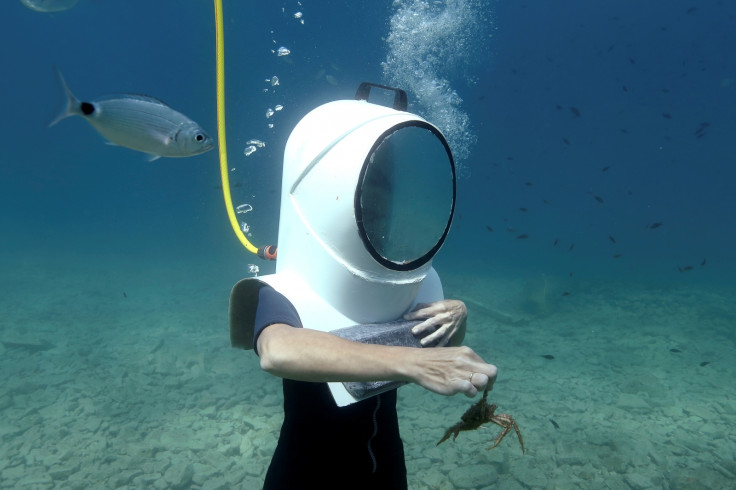'Unhackable' underwater communication is now a reality.
Scientists sent information between entangled particles through sea water.

Scientists have achieved quantum communication in sea water, showcasing a futuristic concept for 'encrypted' underwater information exchange.
In a bid to devise methods for 'unhackable' ways of underwater communication, a team of researchers from Shanghai Jiao Tong University sent information between entangled particles through sea water.
The idea of quantum (secure) communication is not new and several scientists are already working on it, but this is the first instance where information has been transposed in water. The researchers have managed to communicate across a 3.3m long tank of seawater and they say the same mechanism could also be used to send 'unhackable' messages through 900m of open sea water.
To achieve this feat, the scientists followed the concept of quantum entanglement – the idea of linking two distant particles to the point where manipulation of one particle leads to an immediate and automatic reaction from its counterpart. They utilised water's well-known capability of scattering light and a prism to create the entangled particles. Put simply, a beam of light was shot into a crystal to split into a pair linked photons, with exactly opposite polarisation.
With both particles at opposite ends of the tank, the team demonstrated that despite being distant, they were able to transpose accurate information over 98% of the time.
The possible applications of the technique are evident, with the best one being integration with submarines for secure communications. In The Optical Society, the researchers wrote: "Our results confirm the feasibility of a seawater quantum channel, representing the first step towards underwater quantum communication."
The experiment is clearly promising, but as these are nascent stages, it still remains to be seen whether scientists will be able to build on this breakthrough into a future of 'quantum communication' across greater distances.
© Copyright IBTimes 2025. All rights reserved.





















